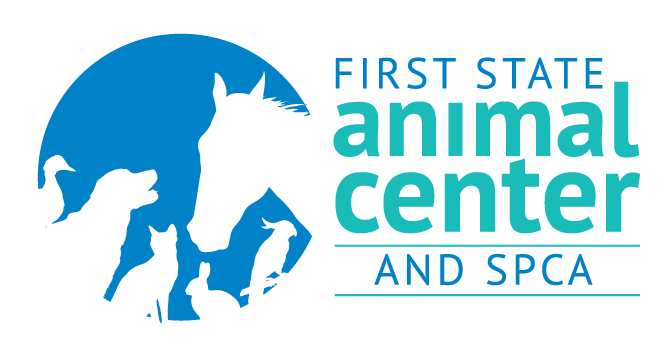Traveling with Fido or Fluffy over the holidays? Make sure you have any pertinent and updated shot records, rabies certifications and licenses with you when you travel, just as if you would have your car insurance, registration and driver's licenses. This will help prevent any hassles with interstate travel, boarding kennels in another state if needed in an emergency, etc.
Officials at First State Animal Center and SPCA say that U.S. Department of Agriculture (USDA) regulations stipulate that interstate travel with animals may require proof of ownership and health. Although pets may be staying at Grandma’s/Grandpa’s house, along with two-legged family members, it is important that they are healthy, especially if they are mingling with other household pets.
While every state has different requirements for dogs, cats and other animal family members crossing state borders, most states require one of two things, if not both: a pet health certificate, and a certificate stating that your pet is current on vaccinations, such as rabies, and the pet is healthy to enter that state. This is especially true if you are adopting an animal from one state and traveling back home to another state. This proactive process will keep sick animals from entering a state. If it is not possible to get a pet health certificate, then current vaccination records, proof of rabies and animal licenses, should be on hand in the glove department of the car, along with other pertinent automobile information.
A pet health certificate is a document that includes pertinent information about your pet and his or her health, and it would include the pet's name, age, and also if your pet has received recommended vaccinations, is not showing signs of infectious, contagious or communicable disease, and is healthy for travel. Not every state requires you to have a pet health certificate when traveling into that state with your pet, but if they do, chances are they also require that it be signed by your veterinarian and relatively current (often within the past 30 days).
The mission of the First State Animal Center and SPCA is twofold: we protect animals from people, by prevention of cruelty and suffering, rescue of the trapped or injured, emergency medical treatment, temporary housing for homeless animals and the reduction of homeless pet overpopulation through targeted spay/neuter and education programs; and we protect people from animals through our commitment in placing only stable, safe and well-adjusted animals into homes where they will thrive while simultaneously educating the public about responsible pet guardianship.
Information about the First State Animal Center and SPCA, a non-profit, charitable organization, can be found at www.fsac-spca.org.
